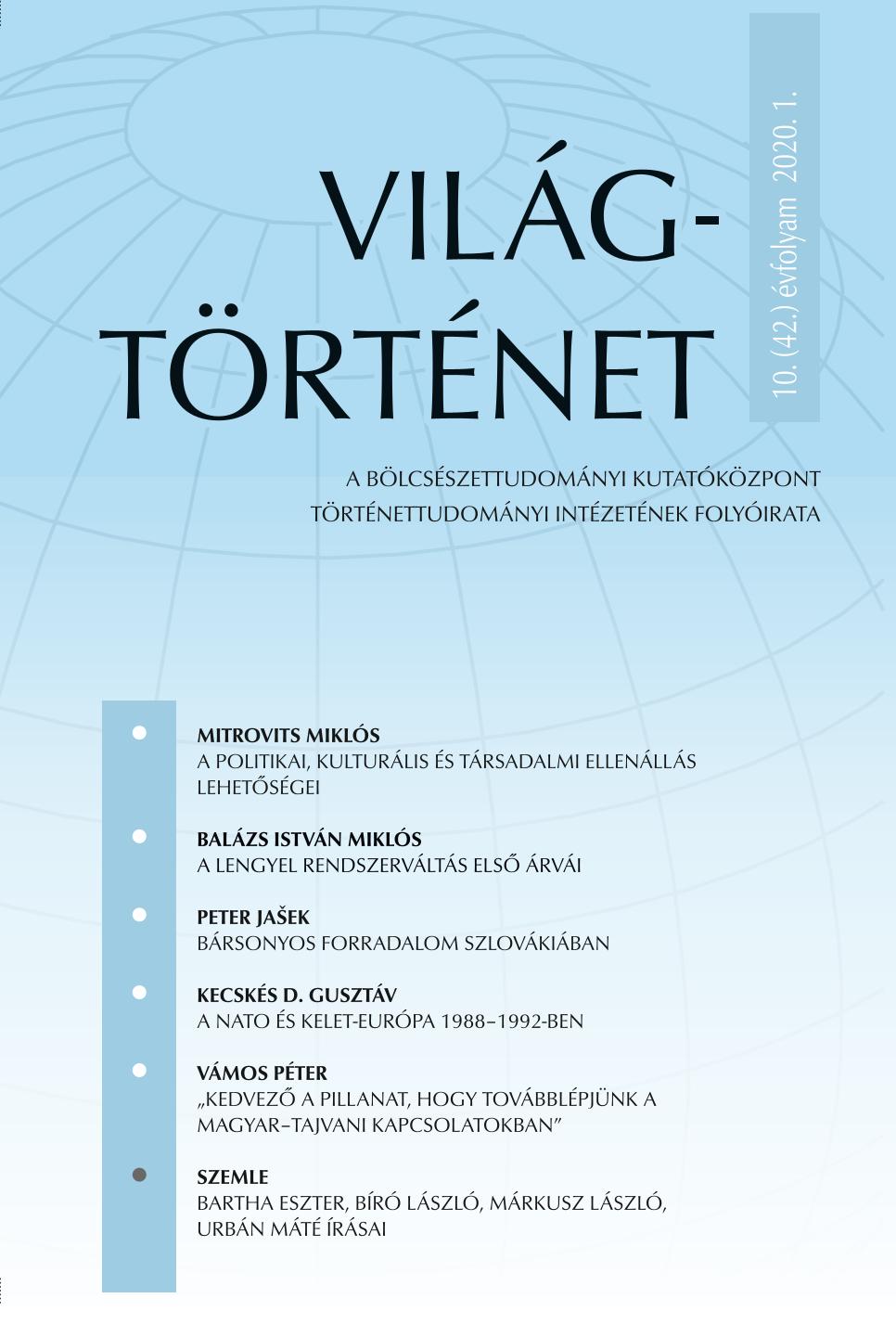A titói Jugoszlávia a horvát és a szlovén közgondolkodásban 1989 után
Tito’s Yugoslavia in Croatian and Slovenian Public Thinking after 1989
Author(s): György Lukács B.Subject(s): Post-Communist Transformation
Published by: Magyar Tudományos Akadémia Bölcsészettudományi Kutatóközpont Történettudományi Intézet
Summary/Abstract: Among the Slavic-speaking nations of the former Yugoslavia, the Croatians and Slovenians are least considered to have had more negative than positive consequences for the dissolution of socialist Yugoslavia. The reason why the population of Croatia has a more negative attitude towards the second Yugoslav state, has very complex historical, political, ideological and economic reasons, not least due to the significant differences between the two nationalisms. Along with gaining independence, both in Croatia and Slovenia, it has become clear that there is a serious fragmentation within the public and academic circles about World War II and the post-war system, which has also had its impacts on historiography. In the Slovenian and Croatian historiography, interest about the history of the Second Yugoslavia began to pick up again in the early 2000s, and from the mid-2000s onwards, scholars began to place their research in a broader context, large-scale conferences have also been organized in both countries. The establishment of research institutes in the 2010s was a major step forward in the scientific research of the period.
Journal: Világtörténet
- Issue Year: 2020
- Issue No: 1
- Page Range: 119-127
- Page Count: 9
- Language: Hungarian

